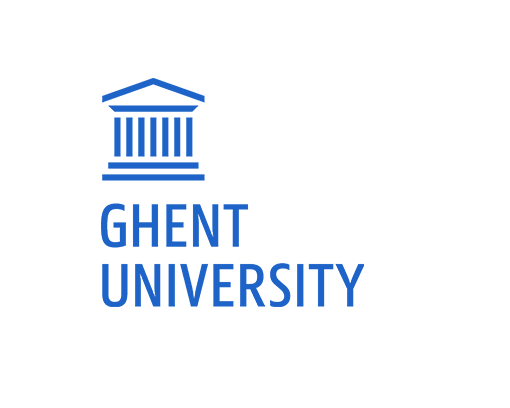Impacts de l’agriculture de conservation sur les propriétés et la productivité des vertisols du Maroc Central
- Rachid Moussadek (Département de Géologie, Université de Gand, Belgique)
Abstract
In Morocco, intensive agriculture with deep tillage and soil inversion caused rapid soil structure deterioration with loss of soil organic matter content. This practice leads to a decrease in soil fertility, a degradation of the soil physical properties and a reduction of crop yields in different soil types, such as Vertisols. In fact, Vertisols (or Tirs as vernacular name) are among the most productive soils in Morocco, but they are also susceptible to compaction and reduced water infiltration due to intensive tillage. No-tillage (NT) is commonly promoted as a management practice capable of offsetting soil carbon depletion, improving aggregation, enriching the soil nutrient pool and enhancing crop productivity in many parts of the world. However, the influence of the NT system as compared to the conventional tillage (CT) system on physical, chemical and hydrodynamic soil properties was not yet well studied in the semi-arid environment of Morocco where rainfall ranges from 350 to 600 mm. This research focused mainly on those parameters with important agronomical or environmental impact: bulk density (Db), soil strength assessed using cone index (CI), hydraulic conductivity (K), sorptivity (S), soil water potential (SWP), soil organic carbon content or stock (SOCc or SOCs), runoff, soil loss, soil CO2 emission and crop yield.
How to Cite:
Moussadek, R., (2012) “Impacts de l’agriculture de conservation sur les propriétés et la productivité des vertisols du Maroc Central”, Afrika Focus 25(2). doi: https://doi.org/10.21825/af.v25i2.4957
Downloads:
Download PDF
View PDF
